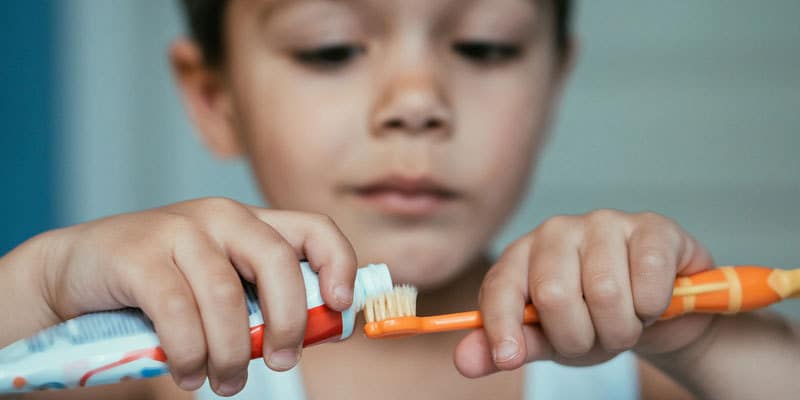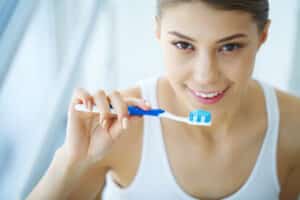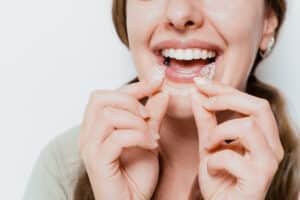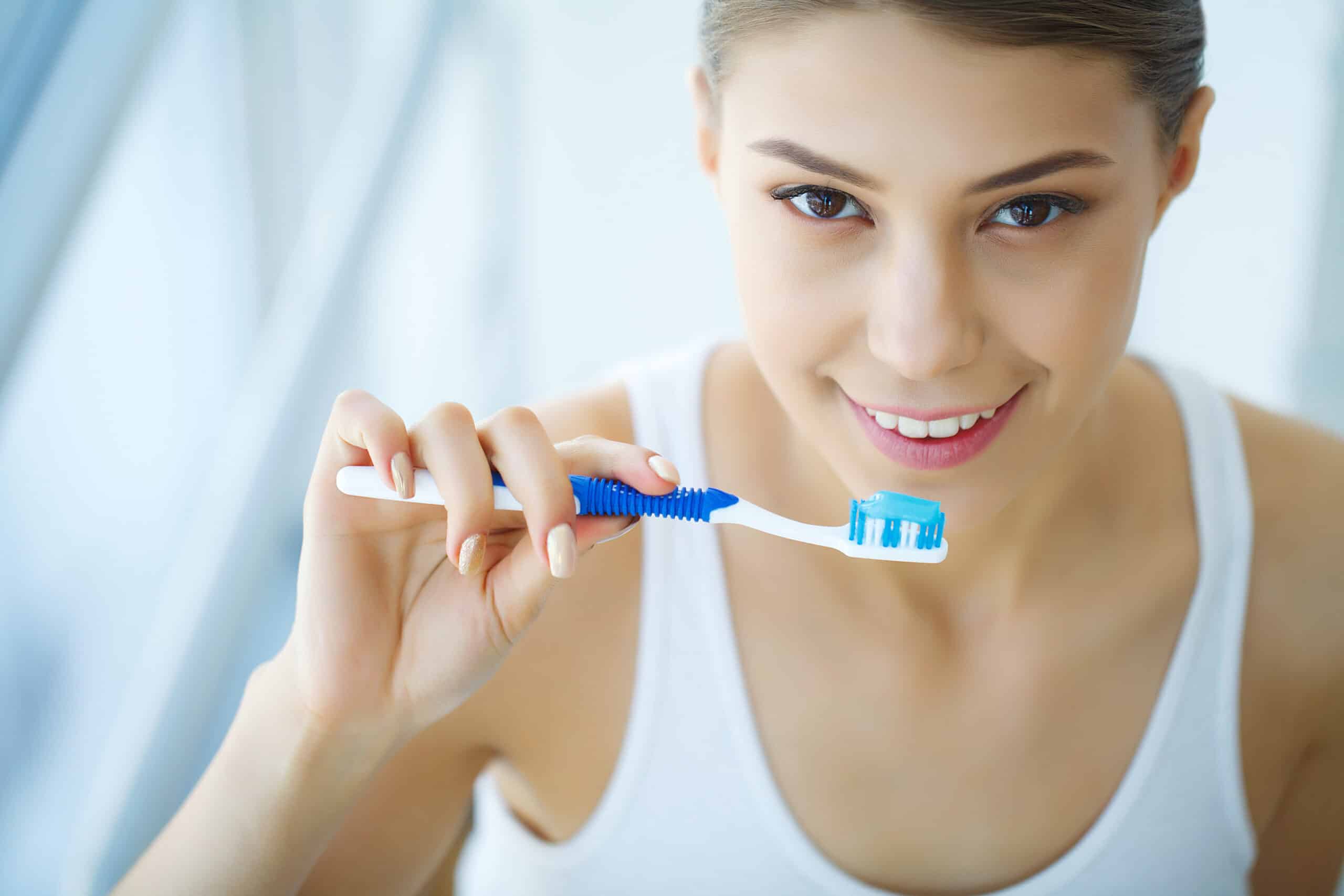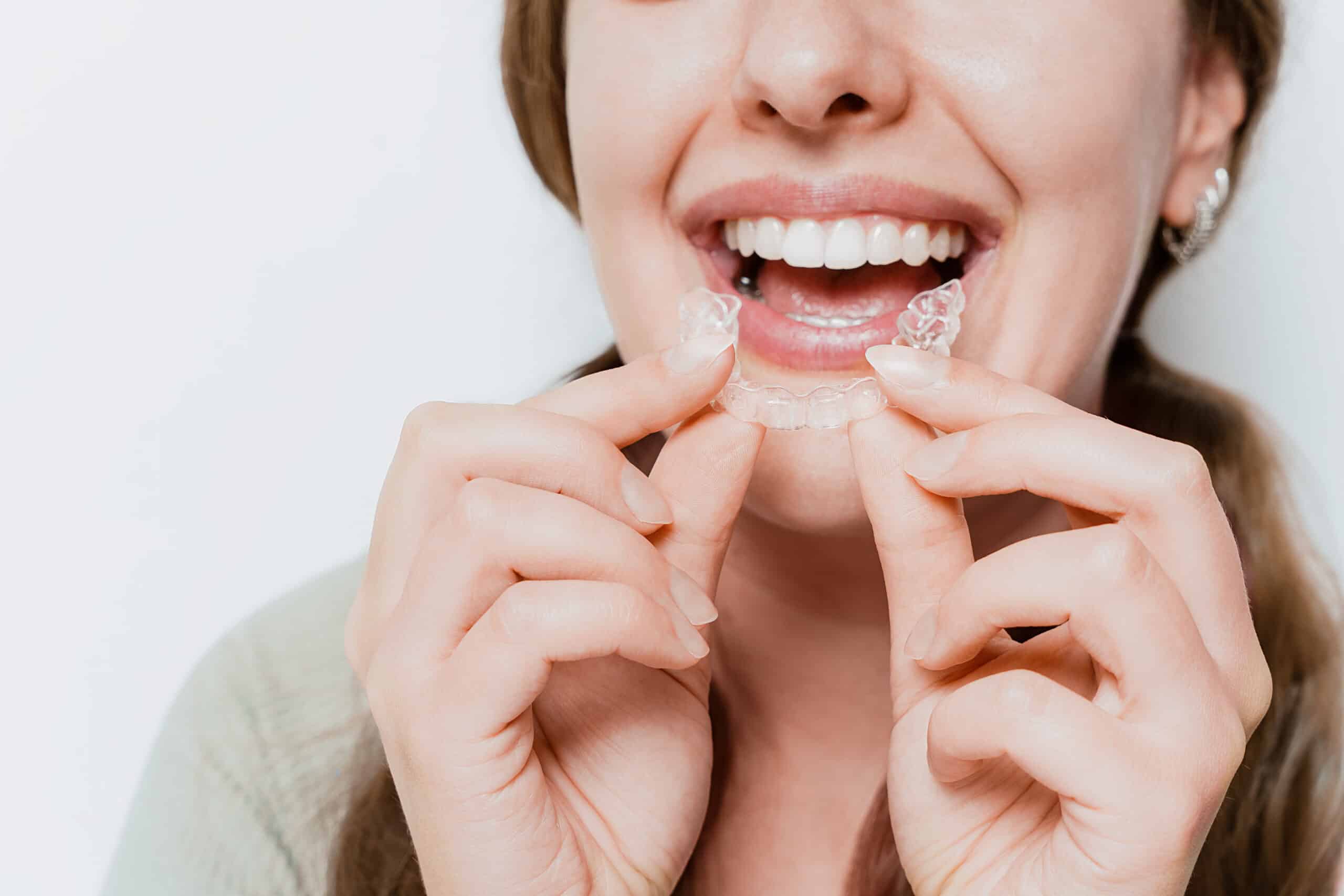- Which is the best toothpaste for kids?
- How much toothpaste to use for your child?
- Is it bad or harmful to swallow toothpaste?
- When can a child use regular toothpaste?
When it comes to our children, we want to start them on the right path toward healthy oral hygiene habits and a lifetime of beautiful smiles. It all starts right from infancy, as soon as you notice those little white bumps poking up through your child’s gums.
Those first teeth are an important milestone in your baby’s development. It’s important to talk to your dentist regarding proper guidance on how to take care of their teeth until your child can do it for themselves.
It’s also an opportunity to ask your dentist a lot of questions, including which is the best toothpaste for kids. In many cases, parents aren’t necessarily looking for brand recommendations as much as they are looking for direction on whether to use a fluoride or non-fluoride toothpaste.
In order to make an informed decision, it’s important to understand the facts about fluoride.
Is it bad to have fluoride in toothpaste for kids?
Fluoride is a mineral naturally found in soil, both fresh and salt water, and certain foods. It’s also a popular additive to toothpaste to help strengthen tooth enamel and fight cavities.
The concern of many parents is whether using fluoride toothpaste as well as drinking fluoridated tap water adds up to too much fluoride in our systems.
The fluoridation of tap water is a program that has been in place here in Toronto since 1963. The amount added is based on recommendations from the Canadian Dental Association, along with Toronto Public Health, and are completely safe based on scientific research and meetings and consultations to alleviate public concerns.
The mineral is added to tap water as an effective way to help protect citizens from dental cavities and tooth decay at a low cost. The amount is based on recommendations from the Federal-Provincial Committee on Drinking Water, and takes into account that Canadians receive fluoride from other sources, such as food and beverages. Because the right balance of fluoride is continually maintained and monitored, there has been no credible link between fluoride in tap water and adverse health effects.
If you’re concerned about fluoride toothpaste for your child, your dentist can help determine your child’s risk of developing tooth decay, and recommend an appropriate level of fluoride protection.
If your child is 2 years of age or under, and their dentist determines that there is a low risk of tooth decay, parents can simply brush their child’s teeth with a non-fluoridated toothpaste and take them to regular check-ups for ongoing monitoring. However, if there is a high risk of tooth decay, your dentist may recommend that your child use a fluoride toothpaste or other fluoride treatments.
How much toothpaste to use for your child?
One of the most frequently asked questions we get from new parents is how much toothpaste they should use on their baby’s teeth. Generally, we recommend the following:
- Kids aged 2 – 3: rice grain-sized smear
- Kids aged 3 and older: pea-sized amount
It’s important to stick to these guidelines to give your child’s teeth adequate protection from decay. But that doesn’t mean you should use more than these recommended amounts for “added protection” – using too much toothpaste can damage developing teeth and cause pitting and discolouration.
Also, kids within these age groups have yet to fully develop the reflex that prevents inadvertent swallowing. Using too much toothpaste could lead to excess amounts being ingested by your child, which can lead to a condition known as dental fluorosis and other potential problems.
Is it bad or harmful to swallow toothpaste?
Children are curious creatures, and often ingest many things that we otherwise wouldn’t.
Near the top of that list is fluoride toothpaste. The minty or fruity taste of kids’ toothpaste certainly makes it tempting, not to mention that it’s already in their mouth! After all, if we can brush our teeth with it, how harmful can it be if swallowed?
That depends on how much is ingested, as the side effects of eating toothpaste can vary from mild to severe.
Unlike tap water, fluoride toothpaste contains a highly concentrated amount of fluoride that can cause stomach pain and possible intestinal blockage when swallowed in large amounts.
We recommend that children only using pea-sized amounts of toothpaste when they brush, so if some trickles down their throat there’s little chance that there will be serious side effects.
However, ingesting too much fluoride before the age of 8 can result in dental fluorosis. Also, the spike in fluoride in your child’s blood can adversely affect the natural development of their adult teeth.
Spitting out the toothpaste after brushing will leave the proper amount of fluoride in your system to protect and strengthen your enamel.
We recommend not only supervising young children while they brush, but also keeping toothpaste tubes out of their reach between brushing to prevent “snacking”!
When can a child use regular toothpaste?
In most cases, children make the switch from non-fluoridated children’s toothpaste to adult toothpaste when they can control their urge to swallow it. However, there is no hard deadline or set rule on the age where children need to transition to adult toothpaste. It has more to do with your child’s brushing habits, and their ability to use their toothbrush properly without adult supervision.
This includes brushing for about 2 minutes, rinsing and spitting toothpaste into the sink, and they are no longer any swallowing any toothpaste.
Ask your child’s dentist for specific recommendations on when your child should switch to adult toothpaste, and for helpful advice on ensuring they maintain proper oral hygiene habits as they start brushing on their own.
Which is the best toothpaste for kids? The team at Yonge Eglinton Dental in Toronto can help you choose!
At Yonge Eglinton Dental, we take kids dental care seriously! We’ll be sure to answer all your questions, including any you have about which toothpaste your child should be using. We’ll help you take a proactive approach to your family’s dental care, and help everyone maintain a beautiful, sparkling smile.
Give Yonge Eglinton Dental a call today at 416-932-2222 or visit us online to book an appointment. We’d love to see you!
Concerned about visiting the dentist? Read about how we protect the health and safety of our patients and staff so your family can seek proper dental care with peace of mind.


